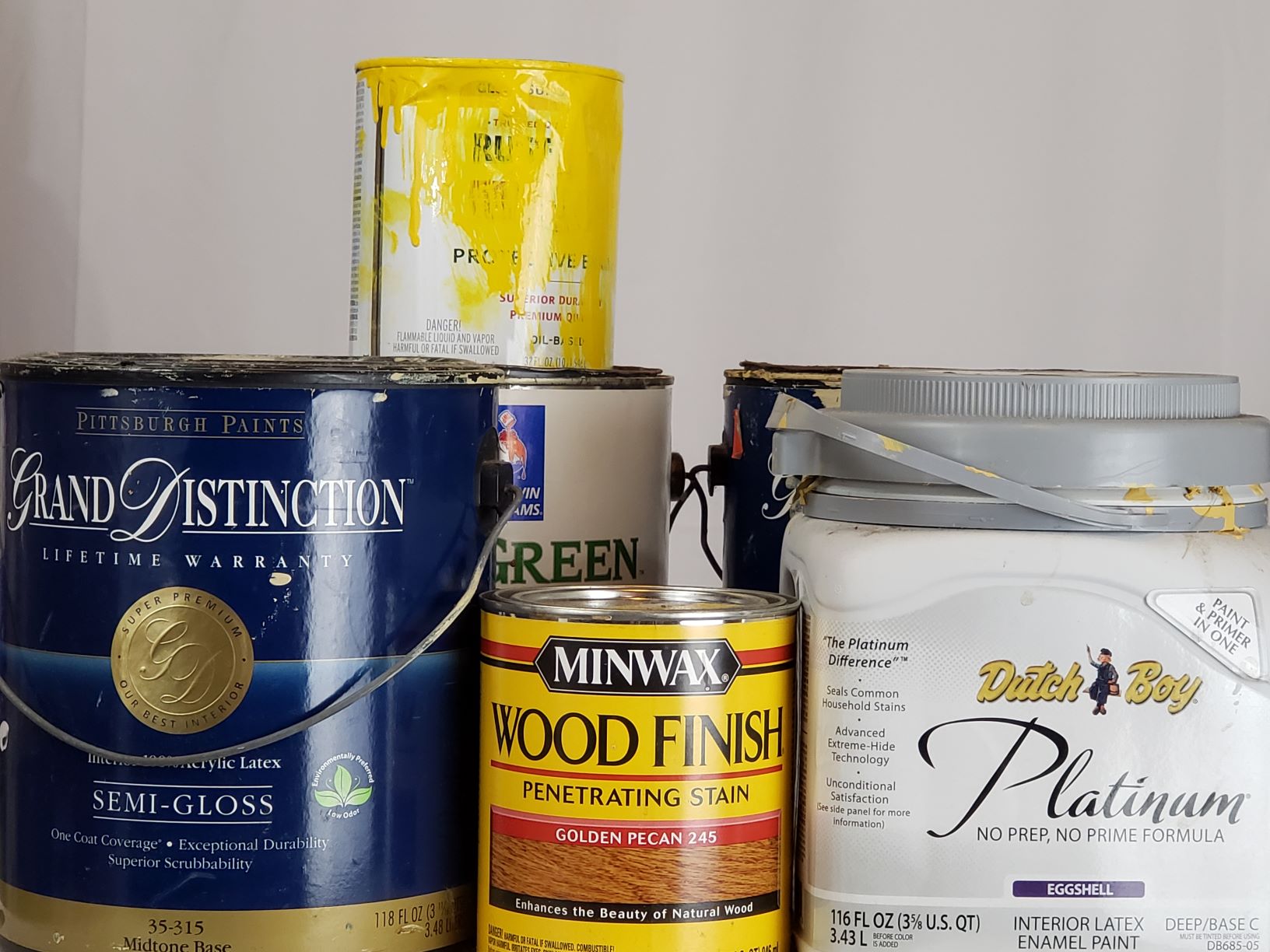A question from the Lone Star State August 12, 2020:
Hi Daniel,
I have a question pertaining to the PPRW. We are SQH and I have been trying to figure out if it’s ok to Cure, process, and then dispose of our paint that is classified as UW in the garbage. Some people are saying yes that this is allowed but I can not seem to find where the information and code for this is.
I would greatly appreciate your help and advice.
Note: PPRW = Universal Waste Paint and Paint-Related Waste |
Note: SQH = Small Quantity Handler of universal waste |
Must have been snagged by my spam filter because I didn’t reply until August 18th:
I can assist you. Question: What state are you in?
The reply:
Hi Daniel,
I am in Texas
Daniels Training Services, Inc. 815.821.1550 |
Now that I was sure I could reply:
I will answer your questions below.
- No.
- As the generator of a waste you must determine if it is a hazardous waste.
- If a hazardous waste, you have the option (in Texas) to manage PPRW as a universal waste.
- Universal waste paint & paint-related waste is unique to Texas. It is not recognized by Federal regulations of USEPA. Some states have similar universal waste types, e.g., oil-based finishes in Pennsylvania, but not nearly as broad as that of Texas.
- If you choose to manage as a universal waste instead of hazardous waste you must then manage it subject to Texas universal waste regulations.
- Texas regulations at 30 TAC 335.261(b)(18) read: (a small quantity handler of universal waste is…) “Prohibited from diluting or treating universal waste, except when responding to releases…”
- What you describe would be considered treatment and is not allowed.
- Also, universal waste may only be sent to another handler or to a destination facility, not a solid waste landfill.
- Please refer to this article I wrote summarizing the requirements for management of Paint and Paint Related Waste as Universal Waste in Texas.
I hope this helps. Please contact me with any other questions.
Conclusion:
I did not hear back from them. It may not have been the answer they wanted, but it does inform them of what they must do to comply with the regulations of the TCEQ for Texas.
Contact me the next time hazardous waste generator USEPA training is due to expire. |
Though I’m based in Illinois, I conduct training all over the country and have been to Texas for training several times. If travel costs are a limiting factor (my Onsite Training includes reimbursement for my travel costs) the same training can be provided by a live interactive webinar.


